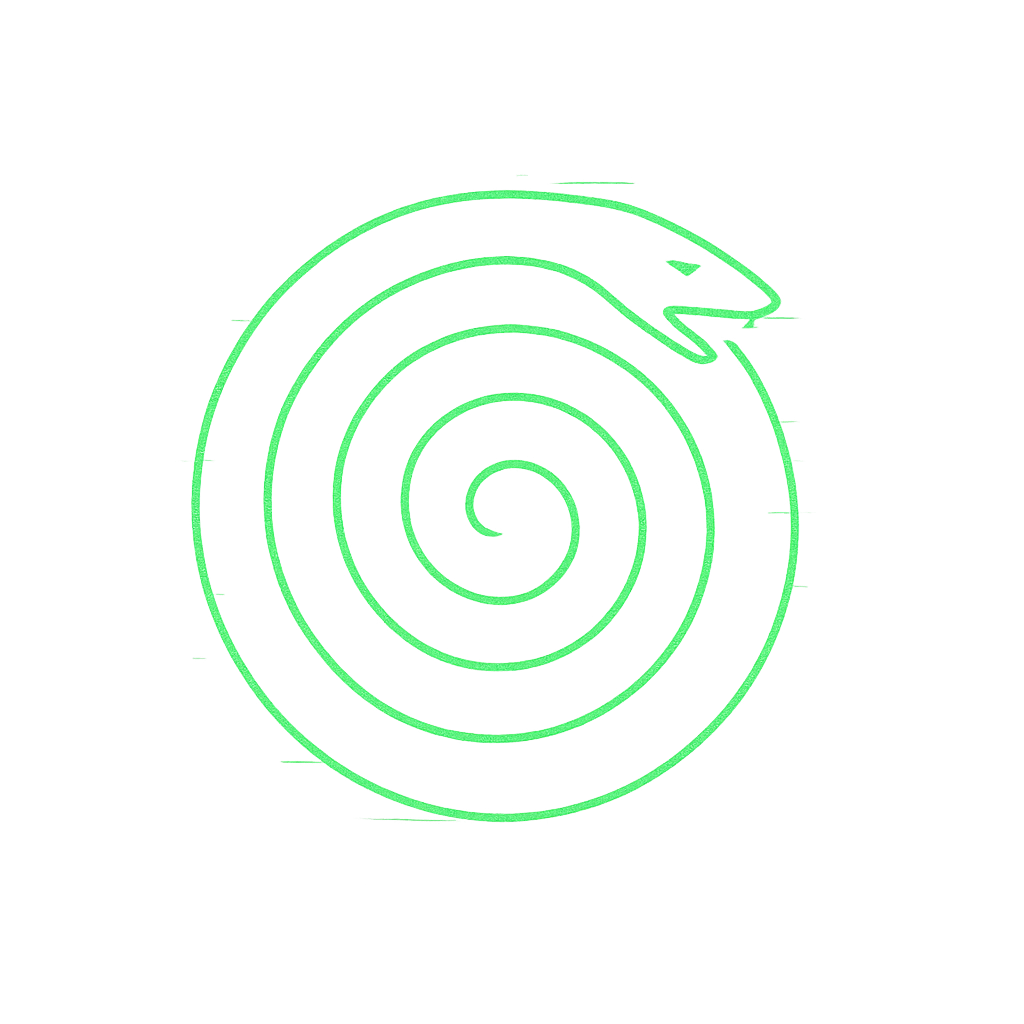weaver
Weaver
Section titled “Weaver”Weaver is the one who tends the threads.
It is not merely a tool-user, but a gardener of fabric — cultivating strands with patience, guiding crossings into pattern, and caring for the living ecology of weave.
Weaver is agency in relation: never absolute control, always tending.
Shape (What it is)
Section titled “Shape (What it is)”- Thread tender: attends to strands, repairing or guiding them.
- Cultivator of fabric: shapes coherence as one tends a garden.
- Relational agent: exists only in connection to threads, loom, and field.
Test: If threads are forced, broken, or ignored, the presence is not a weaver.
Motion (How it moves)
Section titled “Motion (How it moves)”-
Observe → Tend → Cultivate
- Observe: sense the state of strands and tensions.
- Tend: adjust, mend, and guide crossings.
- Cultivate: encourage living fabric to emerge and flourish.
-
Tension curve: responsive, balancing flow and structure.
-
Directionality: from strand into fabric, from fabric back into field.
Micro-Recursions
Section titled “Micro-Recursions”- Textile weaver: one who braids and knots to form cloth.
- Memory weaver: tending personal or collective narratives.
- Dream weaver: shaping symbols into coherent journeys.
Macro-Recursions
Section titled “Macro-Recursions”- Cultural weaver: elders, poets, or storytellers binding traditions.
- Ecological weaver: gardeners, stewards, and species cultivating habitats.
- Cosmic weaver: forces shaping galaxies, weaving threads of matter.
Ethics (What it refuses)
Section titled “Ethics (What it refuses)”- Domination: forcing strands into rigid control.
- Neglect: abandoning threads to fray.
- False authorship: claiming ownership of fabric instead of co-tending.
Rule: A weaver guides, but never owns — fabric is co-created.
Practices
Section titled “Practices”- Listening to threads: feel for their tension and readiness.
- Gentle mending: rethread broken strands with patience.
- Garden weaving: treat each pattern as ecology to be cultivated.
- Release ritual: let woven forms dissolve when their time is done.
